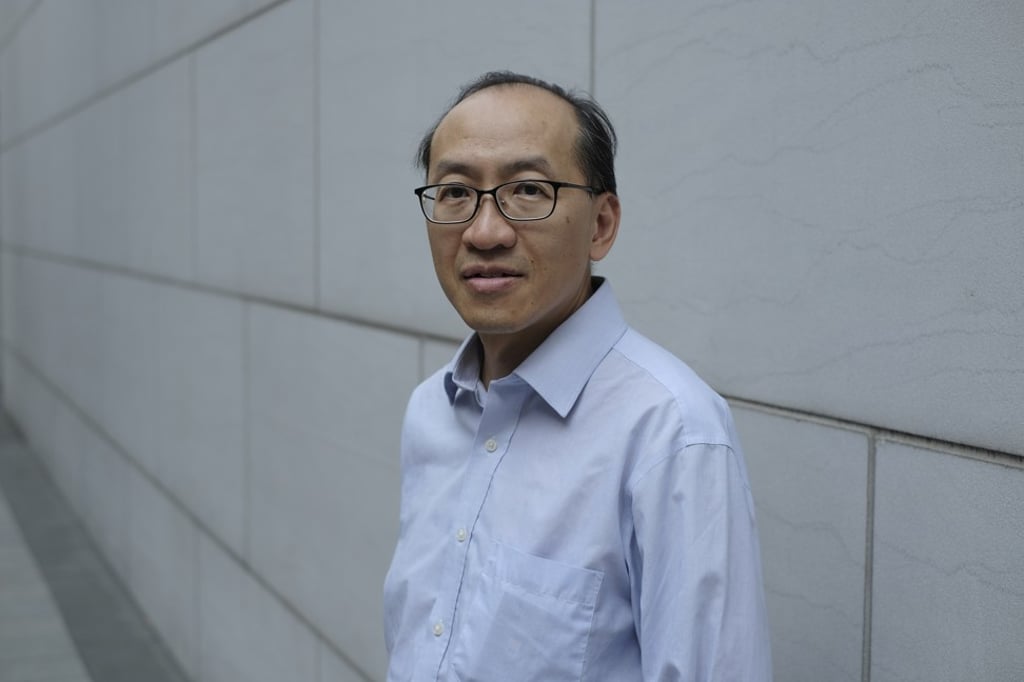Censored by China, deleted social media posts live on in Hong Kong
- A team from the University of Hong Kong has been tracking online censorship on Chinese social media platforms like Weibo and WeChat for years
- They look for patterns in posts that have been removed by the government or internet service providers, and archive everything they find has disappeared

July 21, 2019 remains seared into Hongkongers’ memories for the shocking images and videos of white-shirted men, some suspected to be gangsters, beating protesters and train passengers with sticks in the Yuen Long railway station.
Until that day, Chinese media had been silent on protests erupting in Hong Kong against a now withdrawn extradition bill that would have allowed criminal suspects to be sent for trial on the mainland, among other jurisdictions with which Hong Kong does not yet have such an agreement.
The following day saw a huge number of posts mentioning “Hong Kong independence” on the Chinese Twitter-like microblogging service Weibo, Fu says.
“A lot of people, including state media, framed the whole story [of the protests] as a challenge to authority and the homeland. But we understand that has nothing to do with Hong Kong independence, but with the extradition bill, and the government’s mismanagement of the whole issue that led to police violence,” he says.
